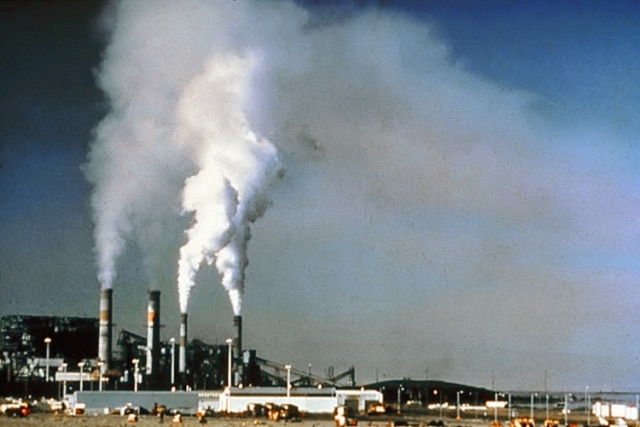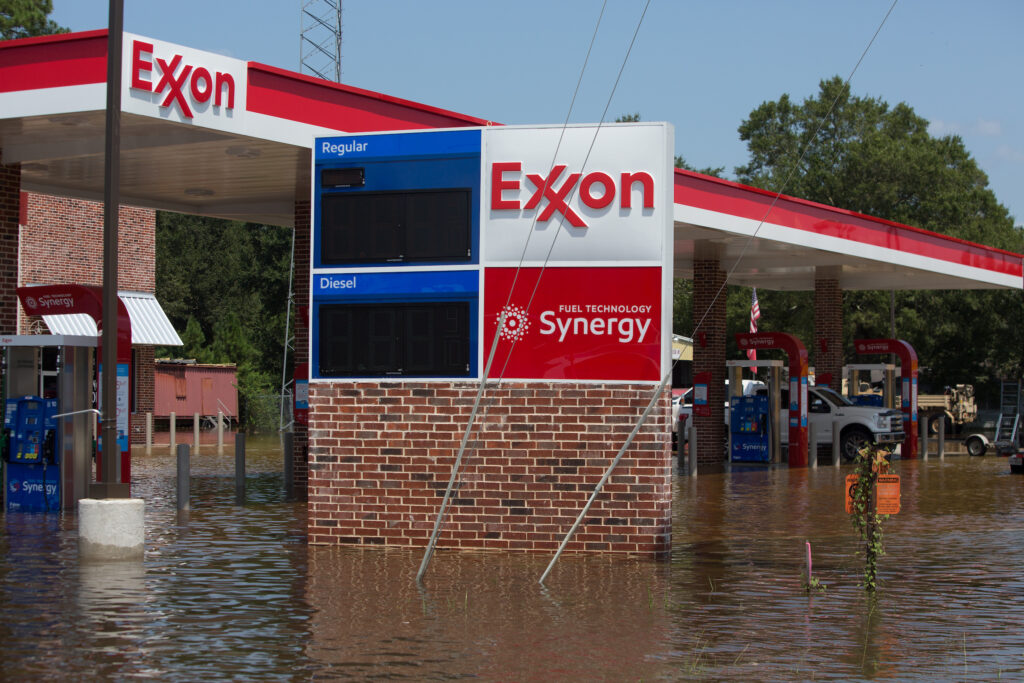The UK’s climate change ambition will be undermined if the duty to maximise oil and gas extraction is included in the Infrastructure Bill, argue environmental NGO, Friends of the Earth and non-profit environmental law organisation, ClientEarth.
Clause 36 will introduce a new legal obligation on current and future governments regarding “maximising economic recovery of UK petroleum”. This puts the bill in direct conflict with Britain’s target to reduce emissions by 80% by 2050.
“Clause 36 is not consistent with the spirit of the Climate Change Act and the UK in the context of global action on meeting climate change targets and should be deleted,” Friends of the Earth said in evidence to the Public Committee for the Infrastructure Bill.
Green MP Caroline Lucas has also called for clause 36 to be removed from the bill, arguing that fossil fuels must remain in the ground in order to avoid dangerous climate change.
Potentially Dangerous
And during yesterday’s House of Commons Environmental Audit Committee hearing, former head of the Environment Agency, Lord Chris Smith, said: “If you want a personal view, it is that it’s potentially a dangerous addition to the piece of legislation.”
If this clause remains in the Infrastructure Bill un-amended it will contradict the UK’s legal duty to become a low carbon economy and reduce emissions by 80% under the Climate Change Act.
Meeting the clause’s principal objective—to maximise the recovery of UK oil and gas—means that any petroleum recovered which is used domestically will contribute to an increase in carbon emissions.
Legal Duties
“This will impinge upon the Secretary of State’s ability to fulfil the legal duties which he has under the Act,” explains ClientEarth. “It could result in the Secretary of State being unable to ensure the carbon budget is met.”
They continue: “It may result in the Secretary of State being placed in a legally untenable position whereby he is unable to avoid a breach of the Act.
“Such a breach would seriously harm the UK’s position as a leader in the fight against climate change. It could also have serious legal and political consequences for Government.”
Photo: Wikimedia Commons
Subscribe to our newsletter
Stay up to date with DeSmog news and alerts







